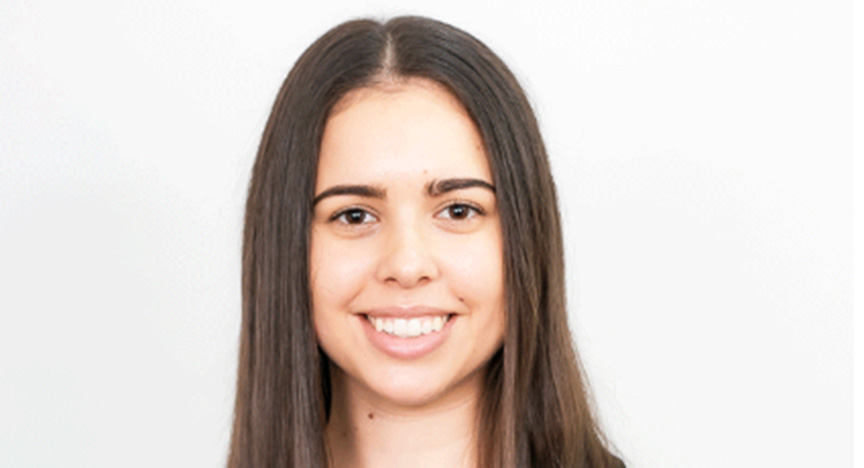
Student placements play a pivotal role in shaping the psychology workforce. For both the students and organisations, these experiences offer rich opportunities for students to acquire practical skills and industry-specific knowledge to help prepare them for their future goals.
Each year, Metro South hosts many students, ranging from observational placements for undergraduate psychology students in their 4th (Honours) year, and clinical placements for students undertaking the varied postgraduate pathways; the 1-year postgraduate Master of Professional Psychology Program (5th year of training), the 2 and 3-year postgraduate programs including the Master of Clinical Psychology/PhD in Clinical Psychology, Master of Educational and Developmental Psychology and the Doctor/Master of Clinical Psychology and Clinical Neuropsychology programs (in their 6th and 7th year of training).
We provide placements across the whole hospital and health services, in inpatient wards and outpatient clinics at Logan and Princess Alexandra hospitals, across MSH Community Health Services, and across Addiction and Mental Health Services (Woolloongabba, Bayside and Logan). This year, Metro South Health has provided 56 placement opportunities across the health service providing not only practical skills, but also essential professional skills including communication, problem-solving and interprofessional understanding.
Meet psychology student Jade Crawford
Name: Jade Crawford
University Program: Master of Professional Psychology
Placement Location: Ward 2A (Logan Acute Adolescent Inpatient Mental Health Unit), Logan Hospital
Why were you interested in a placement at Metro South Health?
I am keen to work with consumers and their families at times of crisis and being a small part of the hospital team that provides them care through this part of their mental health journey.
What specific skills or qualities do you believe are important for a psychology graduate to possess in a healthcare setting?
Being able to work well in a team, respecting each profession's role with a client, understanding what the role of a psychologist is and knowing what I can achieve with a consumer during their time on the inpatient ward are all important as well as the need to consider quickly establishing rapport whilst being genuinely empathetic, curious, and caring towards the consumers.
What is the most challenging aspect of working in mental health or psychology. What have your learnt to overcome these challenges while you’ve been on placement?
The most challenging aspect of working in mental health, in the adolescent mental health acute inpatient ward, has been accepting that I am at the acute stage of a consumer’s mental health crisis and understanding that I may not see them improve, progress, or become well. Though I may not be able complete an appropriate therapy course with a consumer, if I can help in this acute stage of their journey, introduce them to a therapy and help them have a positive experience towards the psychology profession and health care, the consumer is more likely to engage in support in the community setting.
What has most surprised you?
The part that has most surprised me about my placement is just how beneficial it is to be working in a multidisciplinary team (MDT). I have found that everyone in the clinical team (psychologists, psychiatrists, doctors, nurses, dieticians, occupational therapists, and social workers) have been very helpful, supportive, caring, and understanding of an early career provisional psychologist whilst I am still learning, I am very grateful for the welcoming community I have been exposed to whilst on placement with Metro South Health.